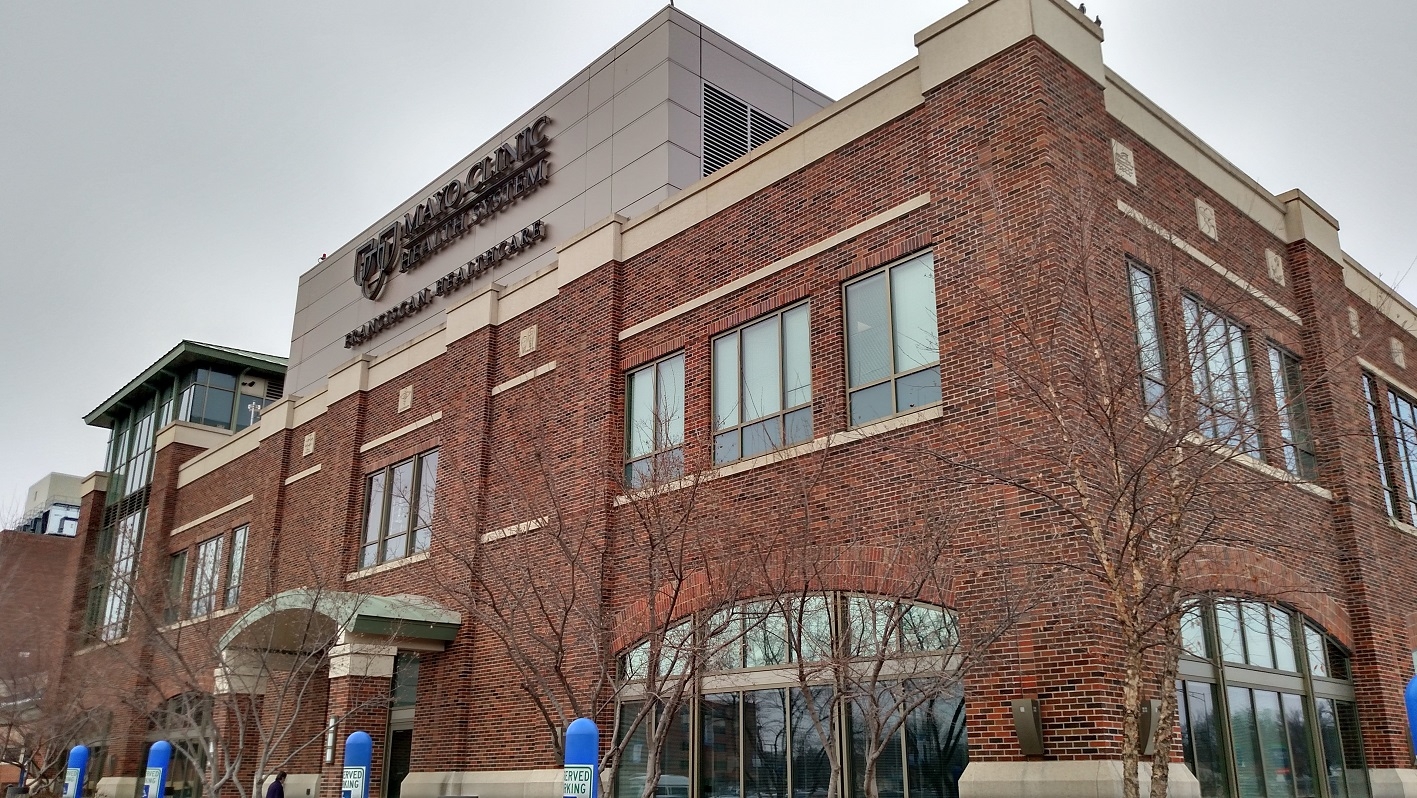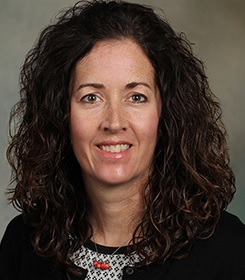Coronavirus
Mayo docs talk how “telehealth” goes from 2030 idea to a 2020 one — thanks COVID-19

The wave of the future for doctor visits — or visits to the doctor — is not visiting them at all.
Telehealth is a thing now. Thanks global pandemic.
“Our CEO of Mayo, has stated all along that we’d like to be doing that type of medicine by 2030,” Dr. Kevin Fitzgerald said Monday on La Crosse Talk PM. “We really did it all in six to eight weeks.”

Fitzgerald, chair for Outpatient Practice with Mayo Clinic Health System in La Crosse, said they went from six video visits last year in the region to over 500 this year.
“Over a period of eight weeks, we really changed the practice remarkably, when there was a need,” he added.
Those video visits with nurses and doctors work fine for adults but even better for kids, says longtime Mayo pediatrician, Dr. Jennifer Brumm.
Doctors on a screen are a lot less intimidating, than when a kid is sitting on that goofy looking table-bed thing in a cold little room — not to mention the doc’s little patients are more entertaining, as well.
“We’re just kind of observing their behavior, their growth, their development, how they’re doing,” Brumm said of those telehealth visits with children. “And, instead of kind of being fearful of the doctor, they’re dancing, singing, showing me their pets.”
Brumm, who was on La Crosse Talk PM on Wednesday, acknowledges that some physical aspects of a checkup are missing, but tech could fill in some gaps down the road because patients, also, don’t want to literally go to the doctor.

“I think we’re going to have technology to solve some of these issues because, so far, patients are giving us really positive feedback on being able to have video visits,” Brumm, who’s been at Mayo 24 years, said. “As we get better technology, probably pretty soon there will be something you can hook up to your iPhone that we can listen to your heart, measure your blood pressure with. We’ll get there pretty quickly. Quicker than we would have anticipated before COVID-19.”
Brumm also talked about how COVID-19 is affecting families, as they deal with changes to everyday life — from possibly losing a job to having to be a teacher.
“That stress that we’re all feeling, as well, children are feeling — not even understanding exactly what it (is),” Brumm said. “What they do understand is that this is not normal. I think that’s been a surprisingly difficult challenge for a lot of families.
“It does get overwhelming, and when parents are overwhelmed, frustrated or burnt out, kids are going to sense that and that’s just scarier for them, seeing parents are having a hard time coping.”
For the kids, Brumm said maintain some structure. Set times for activities, times and places for schoolwork. Set up a video chat with their friends and grandparents, since they may not be able to see them in person.
Brumm also mentioned parents need time for themselves, if possible. Whether that’s going for a walk, working out, or a lot of the same things kids might need — a video chat or online games with friends or maybe even their parents.
